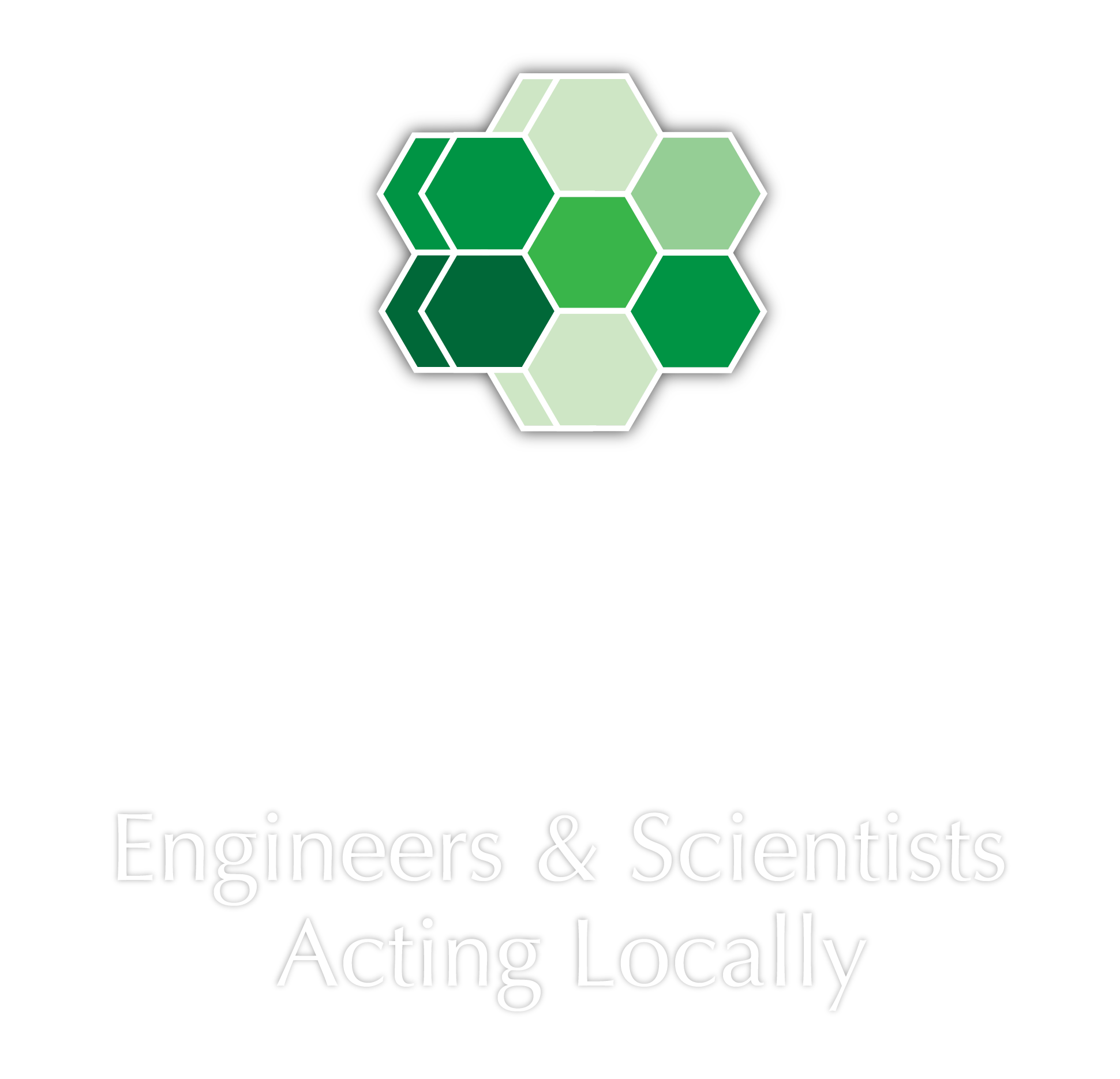Physicians, Scientists, and Engineers for Healthy Energy (PSE) generates original research on energy production and clean energy transitions with a focus on environmental justice. ESAL spoke with PSE's Elena Krieger to see how they empower community stakeholders to use science and data to create evidence-based policy.



